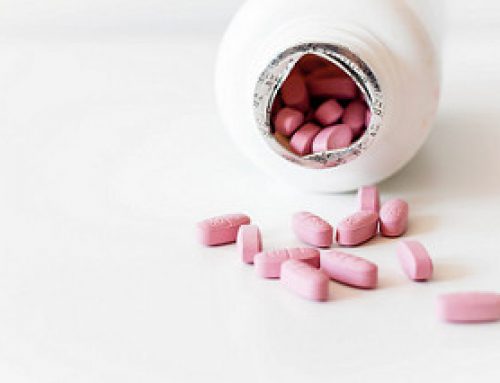Can we drink caffeine in pregnancy, and if so, how much?
Suggested listening for this article!
Caffeine is a stimulant that can be found in tea, coffee, cola and chocolate. It works by stimulating the brain and the central nervous system and helps people stay alert and prevents the onset of tiredness.
Why is it suggested to cut down on caffeine intake in pregnancy?
It is recommended that pregnancy women should cut down on their caffeine intact, and this is based on several reasons. There have been several critical literature reviews on the link between caffeine intake in pregnancy and miscarriage, fetal malformations and restricted fetal growth. These reviews found there is insufficient evidence to link these factors, as the studies that looked at this did not standardise the amount of caffeine women were drinking, and did not consider other factors such as smoking and alcohol use.
What is caffeine and where is it found?What are current recommendations?
If you’re pregnant, limit the amount of caffeine you have to 200 milligrams (mg) a day. This is about the same as 2 mugs of instant coffee.
The amount of caffeine found in some foods and drinks is as follows:
- 1 mug of instant coffee: 100mg
- 1 mug of filter coffee: 140mg
- 1 mug of tea: 75mg
- 1 can of cola: 40mg
- 1 can (250ml) of energy drink: up to 80mg – larger cans may contain up to 160mg
- 1 bar (50g) of plain chocolate: most products on the UK market contain less than 25mg
- 1 bar (50g) of milk chocolate: most products on the UK market contain less than 10mg
(NHS.uk 2018)
What does the evidence say?
The last review of the evidence dates back to 2015, so a little while ago now. It was looking at research that compared groups of women who were randomly assigned to drinking three cups a day either caffeinated or decaffeinated coffee to see any potential effects on the pregnancy.
The two main outcomes that would be expected to be influenced by caffeine intake, and have the greatest implications for the outcome of the baby, are birthweight and frequency of preterm birth. From the review of the most up-to-date evidence, it seems there were not enough women included in the trial to be able to draw out strong conclusions and recommendations for other pregnant women.
The review also notes that more research on a large-scale basis is needed before any conclusions can be drawn.
Implications?
There is a need for further research, but as with any research involving pregnant women, it will be difficult to fully explore the effect of high caffeine intake. However, due to the relatively small lifestyle change most women would need to do to incorporate a lower caffeine intake, it seems prudent to do so in pregnancy.
References
Signorello LB, McLaughlin JK. Maternal caffeine consumption and spontaneous abortion: a review of the epidemiologic evidence. Epidemiology. 2004;15(2):229–39.
Bolúmar F, Olsen J, Rebagliato M, Bisanti L. Caffeine and delayed conception: a European multicentre study on infertility and subfecundity. European Study Group on Infertility Subfecundity. Am J Epidemiol. 1997;145(4):324–34.




